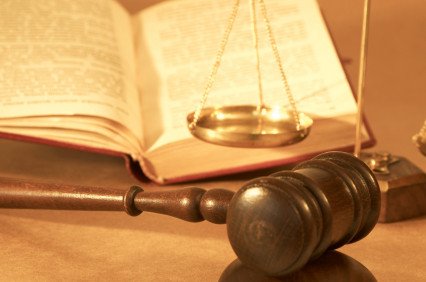Mayor Al Pinheiro will join nearly 700 mayors from around the
country who have decided to embrace an international agreement on
climate change since President Bush has rejected the accord.
Gilroy – Mayor Al Pinheiro will join nearly 700 mayors from around the country who have decided to embrace an international agreement on climate change since President Bush has rejected the accord.
Seattle Mayor Greg Nickels drafted the U.S. Mayors Climate Protection Agreement in 2005 to side-step the President’s recalcitrance over the Kyoto Protocol, which went into effect February 2005. More than 160 countries abide by the protocol that seeks to reduce greenhouse gases by letting nations trade carbon emissions with each other and by encouraging industrialized nations to share carbon-reducing technology with developing nations.
“By signing the agreement, the city of Gilroy will urge the U.S. Congress to pass bipartisan greenhouse gas reduction legislation that includes 12 actions that local governments can take in our own operations and communities to reduce global warming pollution,” wrote Environmental Programs Coordinator Lisa Jensema to City Administrator Jay Baksa.
The 12 actions include: Inventory carbon emissions within Gilroy’s municipal operations; reduce sprawl and save open space; harness landfill methane for energy; improve building codes and use energy-efficient lighting throughout the city; increase fuel efficiency of municipal vehicles; and plant more trees.
“Some of these things we’re already doing. We’ve switched some vehicles to electrical and alternative fuels,” Pinheiro said. “If we’re not in compliance with all of them, then we’ll address that, but it’s a process.”
After Pinheiro said he had received various mailings and heard the buzz around the agreement, he pledged his support for it Sept. 24. He will bring it to the city council for a vote Monday.
“Many cities throughout the nation, both large and small, are reducing global warming pollutants through programs that provide economic and quality-of-life benefits such as reduced energy bills, green space preservation, air quality improvements, reduced traffic congestion, improved transportation choices, and economic development and job creation through energy conservation and new energy technologies,” reads the agreement.
The United States first signed the Kyoto Protocol under the Clinton Administration, but the former president didn’t send it to the U.S. Senate for ratification because fast-growing countries like China and India still don’t have to reduce their greenhouse gas emissions by 7 percent below their 1990 levels by 2012. America would need to meet that goal since it’s been industrialized for much longer, according to the protocol. The mayors’ agreement, on the other hand, has no enforcement measures and relies on voluntary adherence.
President Bush and Australian Prime Minister John Howard have rejected the Kyoto Protocol’s difference in standards for countries like China. Bush has maintained that the protocol would disrupt the U.S. economy, so instead he has championed voluntary reductions in emissions with tax incentives.
Yet there has been no evidence of treaty-related economic harm in any European Union nation, where the Koyto Treaty has been in effect for years. And dozens of America’s corporate leaders, including Cisco Systems Chairman John Chambers California Republican Gov. Arnold Schwarzenegger have embraced caps on emissions.
In response, several states and local governments have since come up with their own, more stringent measures, like Nickels’.













